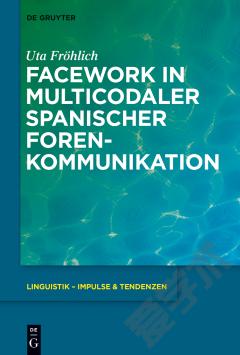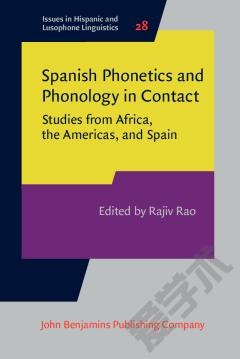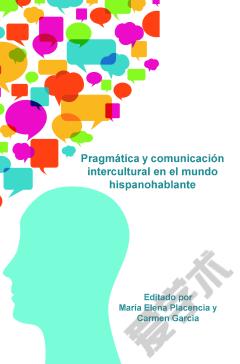Palenquero and Spanish in Contact —— Exploring the interface
----- 帕伦克和西班牙语的联系
Bilingual speakers are normally aware of what language they are speaking or hearing; there is, however, no widely accepted consensus on the degree of lexical and morphosyntactic similarity that defines the psycholinguistic threshold of distinct languages. This book focuses on the Afro-Colombian creole language Palenquero, spoken in bilingual contact with its historical lexifier, Spanish. Although sharing largely cognate lexicons, the languages are in general not mutually intelligible. For example, Palenquero exhibits no adjective-noun or verb-subject agreement, uses pre-verbal tense-mood-aspect particles, and exhibits unbounded clause-final negation. The present study represents a first attempt at mapping the psycholinguistic boundaries between Spanish and Palenquero from the speakers’ own perspective, including traditional native Palenquero speakers, adult heritage speakers, and young native Spanish speakers who are acquiring Palenquero as a second language. The latter group also provides insights into the possible cognitive cost of “de-activating” Spanish morphological agreement as well as the relative efficiency of pre-verbal vs. clause-final negation. In this study, corpus-based analyses are combined with an array of interactive experimental techniques, demonstrating that externally-imposed classifications do not always correspond to speakers’ own partitioning of language usage in their communities.
{{comment.content}}








 京公网安备 11010802027623号
京公网安备 11010802027623号